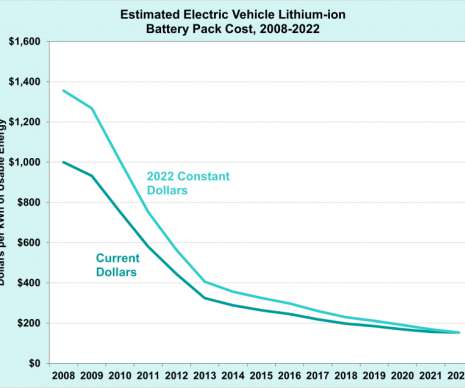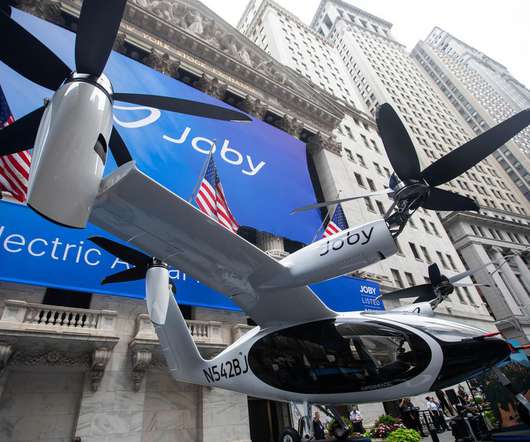DOE estimates EV battery pack costs in 2022 nearly 90% lower than in 2008
Green Car Congress
JANUARY 10, 2023
The Department of Energy’s (DOE’s) Vehicle Technologies Office estimates the cost of an electric vehicle lithium-ion battery pack declined 89% between 2008 and 2022 (using 2022 constant dollars). The 2022 estimate is $153/kWh on a usable-energy basis for production at scale of at least 100,000 units per year. Source: DOE.























Let's personalize your content